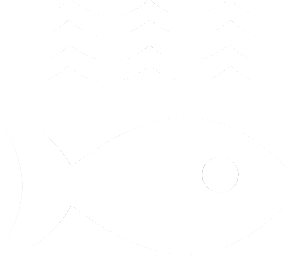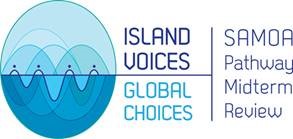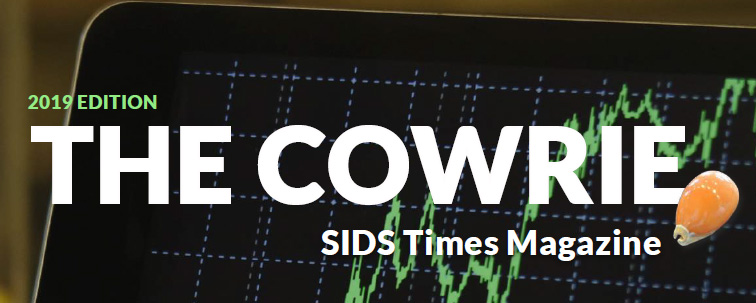Pequeños Estados insulares en desarrollo
Descripción
En el Programa de Acción de Barbados que se aprobó en 1994, complementado además por la Estrategia de Mauricio de 2005 y el documento de resultados del Examen Quinquenal de la Estrategia de Mauricio, se reconoció que, si bien experimentan dificultades económicas y afrontan necesidades de desarrollo análogas a las que en general tienen los países en desarrollo, los pequeños Estados insulares en desarrollo (PEID) presentan también vulnerabilidades y características propias. En el documento “El futuro que queremos”, adoptado en la Conferencia de las Naciones Unidas sobre el Desarrollo Sostenible (también conocida como Río+20) que se celebró en Río de Janeiro (Brasil) en junio de 2012, se resaltaron los singulares aspectos vulnerables de los PEID: su pequeño tamaño, el alejamiento, la limitada base de recursos y exportaciones y la susceptibilidad a los problemas ambientales mundiales y las conmociones económicas externas, que incluyen una amplia gama de efectos del cambio climático y desastres naturales potencialmente más frecuentes e intensos (párr. 178). Los PEID siguen haciendo frente a esas dificultades estructurales y externas a la hora de lograr su desarrollo sostenible.
En septiembre de 2014, se celebró en Apia (Samoa) la Tercera Conferencia Internacional sobre los Pequeños Estados Insulares en Desarrollo, cuyo tema general fue “el desarrollo sostenible de los pequeños Estados insulares en desarrollo mediante alianzas auténticas y duraderas”. En la Conferencia, se anunciaron casi 300 alianzas, las cuales se supervisaron a través de la Plataforma de Asociación. En el documento “Modalidades de Acción Acelerada para los Pequeños Estados Insulares en Desarrollo (Trayectoria de Samoa)” que se aprobó en la Conferencia, se abordan las esferas prioritarias y se piden con carácter urgente medidas y apoyo a los esfuerzos de los PEID para lograr el desarrollo sostenible.
Dentro del sistema de las Naciones Unidas, el DAES dirige la coordinación interinstitucional a través del Comité Ejecutivo de Asuntos Económicos y Sociales Plus (CEAES Plus) y, entre las entidades de las Naciones Unidas y externas a ellas que trabajan de manera activa en cuestiones relacionadas con los PEID, a través del Grupo Consultivo Interinstitucional sobre los Pequeños Estados Insulares en Desarrollo, a fin de supervisar la aplicación del Programa de Acción de Barbados, la Estrategia de Mauricio y la Trayectoria de Samoa, así como los progresos que se están realizando en las alianzas de los PEID. Además, el DAES y, en particular, la Dependencia de los PEID prestan asistencia y asesoramiento técnicos, apoyan los procesos intergubernamentales e informan sobre los progresos realizados en la aplicación del Programa de Acción de Barbados, la Estrategia de Mauricio y la Trayectoria de Samoa.
Para obtener más información y documentos sobre este tema, visite este enlace.
UN MEMBERS (37)
Atlantic, Indian Ocean and South China Sea (AIS) (8)
Caribbean (16)
![]() Saint Vincent and the Grenadines
Saint Vincent and the Grenadines
Pacific (13)
![]() Micronesia (Federated States of)
Micronesia (Federated States of)
NON-UN MEMBERS/ASSOCIATE MEMBERS OF REGIONAL COMMISSIONS (20)
![]() American Samoa
American Samoa
![]() Anguilla
Anguilla
![]() Aruba
Aruba
![]() Bermuda
Bermuda
![]() British Virgin Islands
British Virgin Islands
![]() Cayman Islands
Cayman Islands
![]() Commonwealth of Northern Marianas
Commonwealth of Northern Marianas
![]() Cook Islands
Cook Islands
![]() Curacao
Curacao
![]() French Polynesia
French Polynesia
![]() Guadeloupe
Guadeloupe
![]() Guam
Guam
![]() Martinique
Martinique
![]() Montserrat
Montserrat
![]() New Caledonia
New Caledonia
![]() Niue
Niue
![]() Puerto Rico
Puerto Rico
![]() Sint Maarten
Sint Maarten
![]() Turks and Caicos Islands
Turks and Caicos Islands
![]() U.S. Virgin Islands
U.S. Virgin Islands
Multidimensional Vulnerability Index for SIDS
The need and call for the development of indices that adequately capture the special vulnerabilities of small island developing States (SIDS) has been around since the adoption of the Agenda 21. The call was repeated in the Barbados Programme of Action (BPoA), mentioned in the Mauritius Strategy and re-echoed in the S.A.M.O.A Pathway.
For the last 3 decades, a plethora of UN General Assembly resolutions also carried similar repeated calls, the latest of which was in December 2020, Paragraph 8(a) of Resolution A/RES/75/215, where the Assembly calls on the UN Secretary-General:
“To provide recommendations as part of his report on the present resolution to the General Assembly at its 76th session on the potential development and coordination of work within the UN system on a multidimensional vulnerability index for small island developing States, including on its potential finalization and use;”
This MVI page carries and reflect the discussions and work towards the possible development and use of the Multidimensional Vulnerability Index (MVI).
Inter-Agency Consultative Group (IACG) on SIDS
The IACG is an informal consultative mechanism at the working level in which the SIDS focal points of relevant UN agencies as well as international and regional intergovernmental organizations (IGOs) come together to exchange views and information. The SIDS-focused and hybrid membership composed of the UN and non-UN agencies make it an effective tool for maintaining the momentum created at the Third International Conference on SIDS in Samoa, 2014, and for keeping SIDS issues high on the international agenda. This group also explores ways and means to enhance coordinated and collaborative actions in support of SIDS in implementing the SIDS Accelerated Modalities of Action (SAMOA) Pathway (Samoa Pathway) based on their respective areas of expertise.
Learn more about the IACG here.
IACG Meeting Summaries:
- https://sdgs.un.org/sites/default/files/2024-10/SIDS_IACG_MEETING_SUMMARY_19_SEPTEMBER_2024_FINAL.pdf
- https://sdgs.un.org/sites/default/files/2024-10/SIDS_IACG_MEETING_SUMMARY_FINAL_APRIL24.pdf
- https://sdgs.un.org/sites/default/files/2024-10/Summary_of_Briefing_to_IACG_18Dec23_DESA.pdf
- https://sdgs.un.org/sites/default/files/2024-10/SIDS_IACG_MEETING_SUMMARY_01June2023_FINAL.pdf
- https://sdgs.un.org/sites/default/files/2024-10/SIDS_IACG_Summary_Final_MARCH2022.pdf
SG Report Submissions
Paragraph 20 of resolution 75/215 requested the Secretary-General to submit to the General Assembly, at its seventy-sixth session, a report on the follow-up to and implementation of the Samoa Pathway, including on progress made and continuing challenges faced, and on the efforts to assist small island developing States to recover from the COVID-19 pandemic. Submissions received are as per below: (submission listed in alphabetical order).
SAMOA Pathway Indicators
Pursuant to Paragraph 20 of resolution 74/217, the Secretariat conducted a study to identify the Samoa Pathway priority areas not covered by the Sustainable Development Goals or the Sendai Framework for Disaster Risk Reduction 2015–20, and if any, to develop those Targets and Indicators.
- Development of a Monitoring Framework for the SAMOA Pathway -https://sdgs.un.org/documents/final-report-development-framework-monitoring-samoa-pathway-43955
- Anex I - https://sdgs.un.org/documents/annex-i-priority-actions-dimensions-34263
- Anex II - https://sdgs.un.org/documents/annex-ii-priority-actions-post-2015-policies-allignment-34264
Disaster Risks Funding Landscape
UNGA Resolution A/RES/74/217 requested the Secretary-General to conduct, in consultation with Member States, all relevant United Nations system entities and other relevant stakeholders, an examination of the disaster-related funding and support environment, with a view to the possible development of a targeted voluntary disaster fund, mechanism or financial instrument, coordinated with and complementary to existing mechanisms, to assist small island developing States in managing disaster risk and building back better after disasters, and to report thereon at the seventy-sixth session of the General Assembly.
- Disaster Risk Financing for SIDS Draft Final Report - https://sdgs.un.org/sites/default/files/2022-01/Disaster_Risk_Financing_forSIDS_DraftFinalReport.pdf
SG Report Submissions
Paragraph 21 of resolution A/RES/76/203 requests the Secretary-General to submit to the General Assembly, at its seventy-seventh session, a report on the follow-up to and implementation of the Samoa Pathway, including on progress made and continuing challenges faced, on the implementation of the present resolution, building on the discussions and outcomes of the high-level meeting to review progress made in addressing the priorities of small island developing States through the implementation of the Samoa Pathway, convened in September 2019, and on the efforts to assist small island developing States to recover from the COVID-19 pandemic. Submission received are as per below: (in alphabetical order).
- SG Report: https://sdgs.un.org/documents/report-secretary-general-samoa-pathway-48589
- Analysis: https://sdgs.un.org/sites/default/files/2022-07/Analysis.pdf https://sdgs.un.org/documents/part-c-qualitative-assessment-caribbean-final-eclac-48432
- Letter from PM of Antigua and Barbuda to Host the 4th SIDS Conference: https://sdgs.un.org/sites/default/files/2022-07/Letter_PMofAntigua%26Barbuda_%20toHost_the4th_SIDS_Conference.pdf
- MVI Panel ToR 2021: https://sdgs.un.org/sites/default/files/2022-07/MVI_Panel_TOR_%202021.pdf
- The Interim Report on MVI for SIDS July 2022: https://sdgs.un.org/sites/default/files/2022-07/The_Interim_Reportonthe_MVI_%20July2022.pdf
- SG Report on the implementation of UN General Assembly resolution 73/229, entitled "Towards the sustainable development of the Caribbean Sea for present and future generations": https://documents-dds-ny.un.org/doc/UNDOC/GEN/N22/441/40/PDF/N2244140.pdf?OpenElement
- Submission received are as per below: (in alphabetical order).
Paragraph 44 of the General Assembly Resolution A/RES/77/245 requested the Secretary-General to submit to the General Assembly, at its 78th session, a report on the follow-up to and implementation of the Samoa Pathway, including on progress made and continuing challenges. The Secretariat requested member States, UN system organizations and entities and all stakeholders to provide information accordingly. Below are the responses received, posted in their entirety. The Secretariat conveys its upmost gratitude to all contributors and apologizes that due to strict word count restrictions, not all information was reflected in the Secretary-General’s Report.
Submission received are as per below: (in alphabetical order).
S-G Report: https://sdgs.un.org/documents/report-secretary-general-samoa-pathway-2023-54020
SG Report on the follow-up to and implementation of the SAMOA Pathway:
https://sdgs.un.org/documents/sg-report-samoa-pathway-2024-57308
SG Report Submissions:
- Submissions received are as per below: (in alphabetical order)
SG Report on the implementation of UN General Assembly Resolution 77/163 entitled “Towards the sustainable development of the Caribbean Sea for present and future generations”:
- https://sdgs.un.org/documents/s-g-report-caribbean-sea-2024-56688
- Submissions received are as per below: (in alphabetical order)


